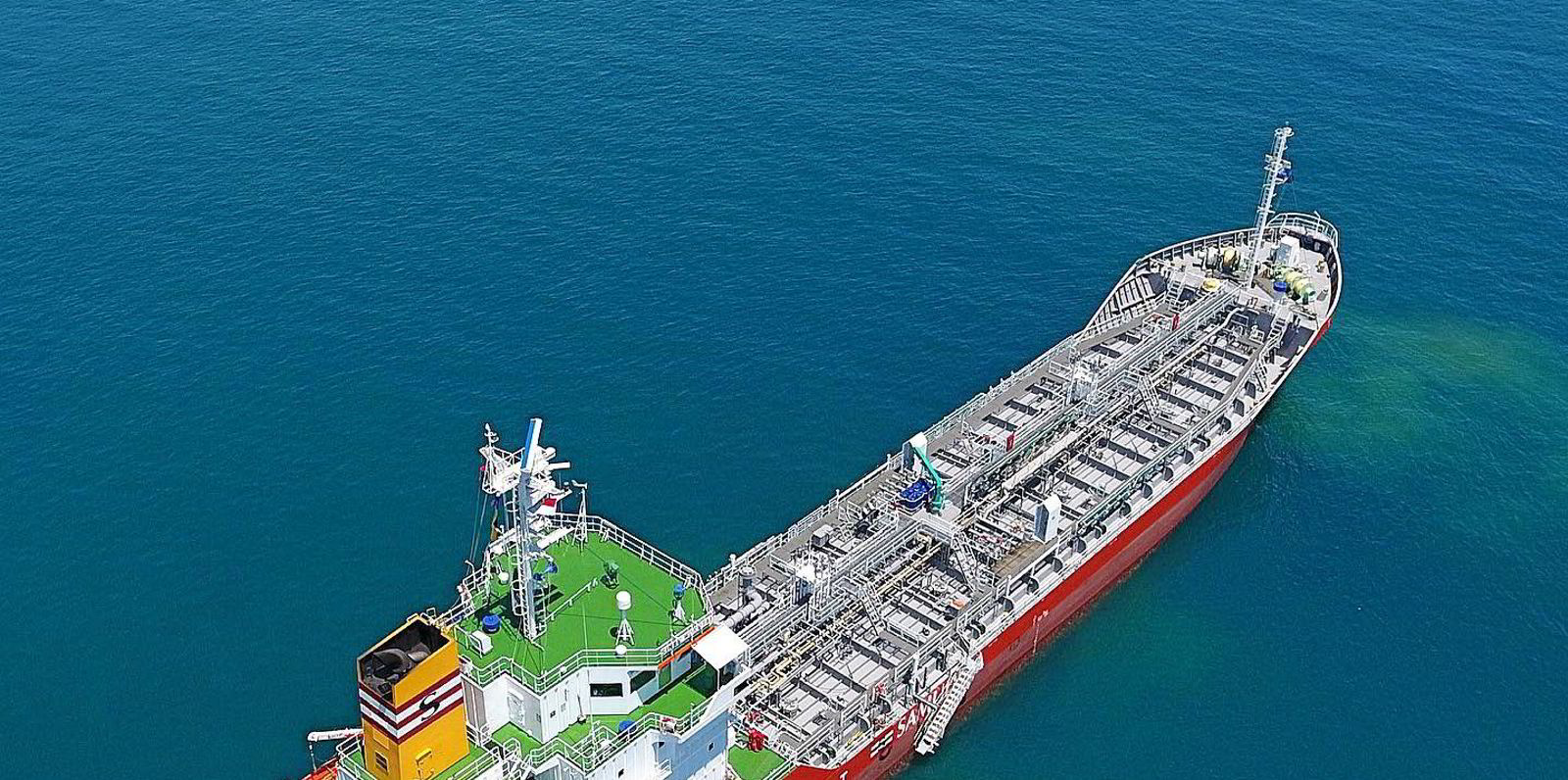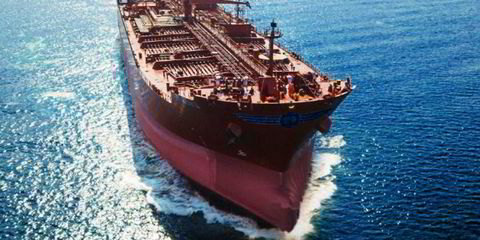UK research company Maritime Strategies International sees reasons for chemical carrier owners to be cheerful despite Chinese imports dropping fast.
MSI is tipping the sector to prosper as production outside China ramps up.
A new report identifies structural changes in output, as well as export and import demand, that is disrupting the market, but also creating fresh opportunities.
"Chemical tanker owners who failed to capitalise on booming chemical consumption in 2021 should still be optimistic about the market despite the dramatic impact of structural changes on Chinese imports," MSI said.
Trades becoming more diverse
The company forecasts that while a slowdown in Chinese imports presents "a degree of disruption to the current structure of the chemical tanker industry", it will also be accompanied by growth in a more diverse array of trades, spreading the benefits across a wider range of vessel sizes.
Chinese imports have reduced dramatically as the country pivots towards increased domestic production.
The recent commissioning of a wave of Chinese organic chemical capacity, including mega-scale refinery and petrochemical complexes, continued to ramp up production in 2021, MSI explained.
This is a result of the changing long-term ambitions of the Chinese leadership, falling under a new strategy known as "dual circularity", the company added.
Cannot rely on China alone

In short, the intention is for China to become more self-sufficient under the "internal circularity" component of this programme, increasingly relying on its own fully-integrated market to minimise reliance on external parties, MSI said.
"It is clear that the chemical tanker sector can no longer rely on growth in Chinese organic chemical imports which grew by 37%, in terms of tonnes, during 2015-2020," argued MSI's senior shipping analyst Senthuran Raviraj.
He added that this rises to a "staggering" 57% when expressed in terms of ship demand in deadweight tonnes.
Raviraj said: "During 2020-2025, Chinese organic chemical import growth is forecast by MSI to be only 8% in aggregate ... in terms of tonnes and 9% in terms of deadweight ship demand."
Taking up the slack
However, the analyst points to other reasons for optimism.
"While this is a stark slowdown in Chinese imports, there will be opportunities in other countries," he added.
"Once the current commodity price cycle eases, it is anticipated that the rise of new export-orientated chemical plants outside of China will lower prices and drive imports by flourishing chemical industries elsewhere in Asia, in particular by India and South East Asia," Raviraj said.
In addition, there will also be an increase in European and North East Asian chemical imports as producers in these regions will struggle to compete with low-priced product.
"As a result — and despite the impact of Chinese policy on the market — MSI continues to hold a positive view on prospects in the chemical tanker market," Raviraj said.







